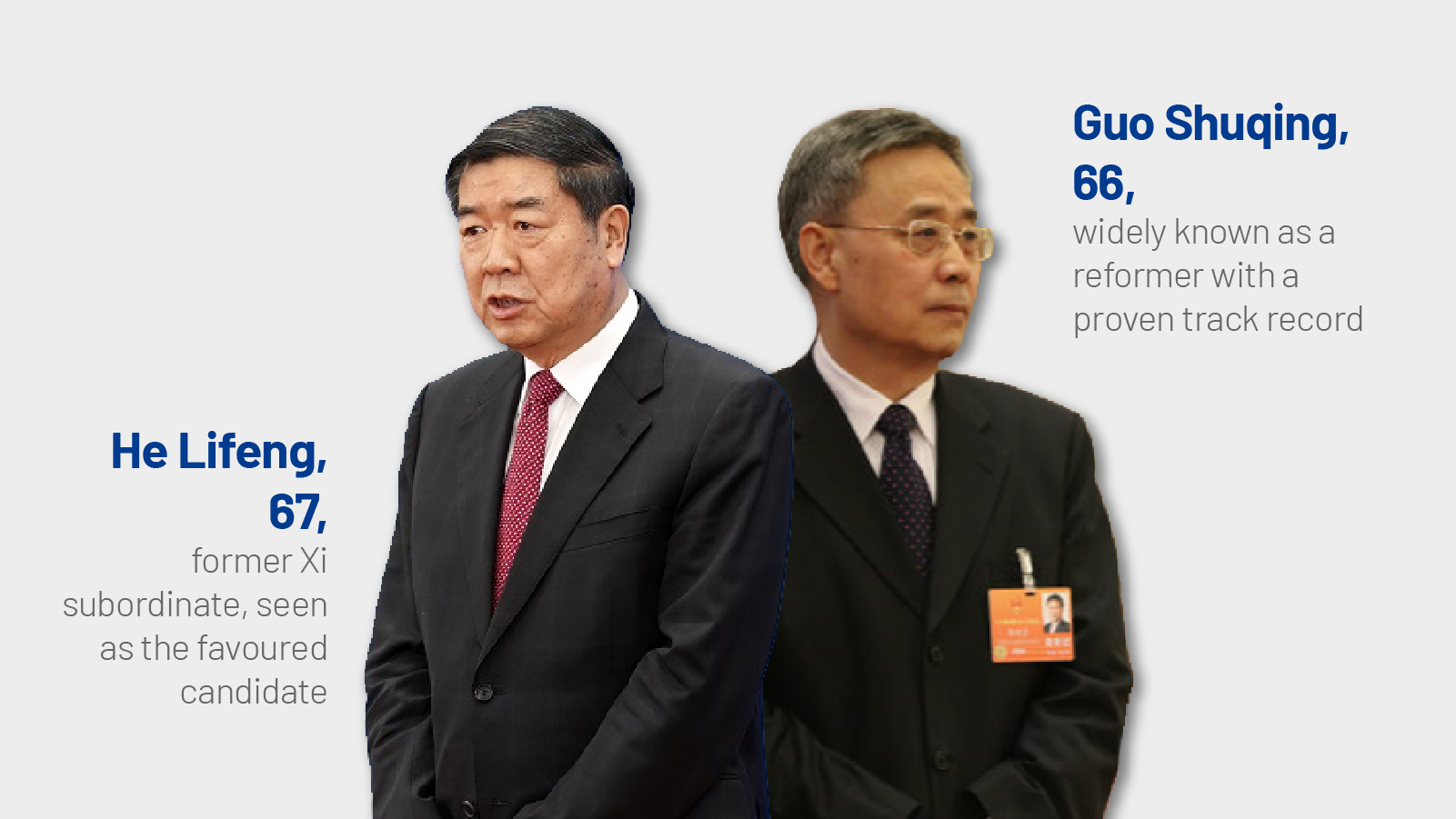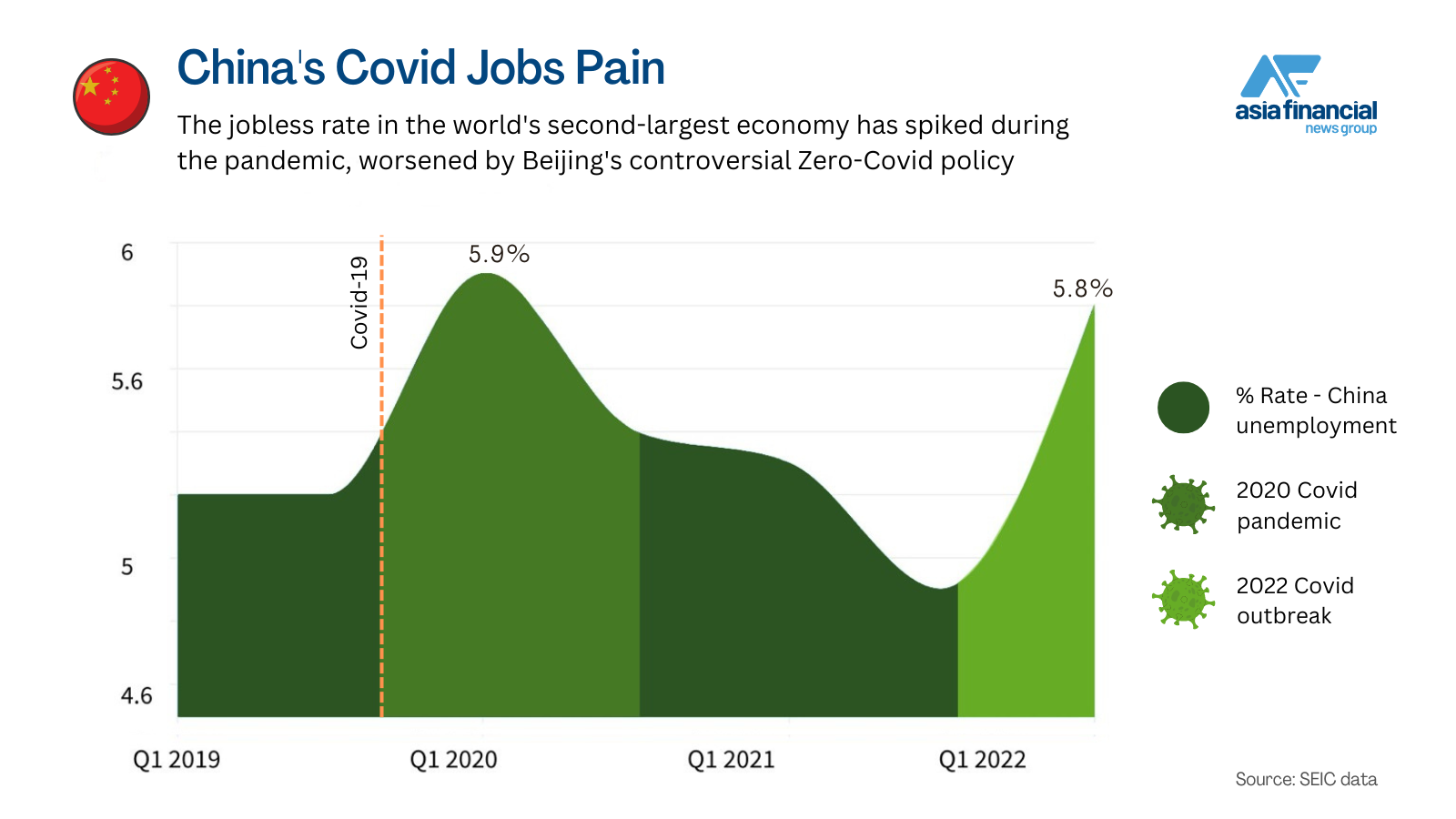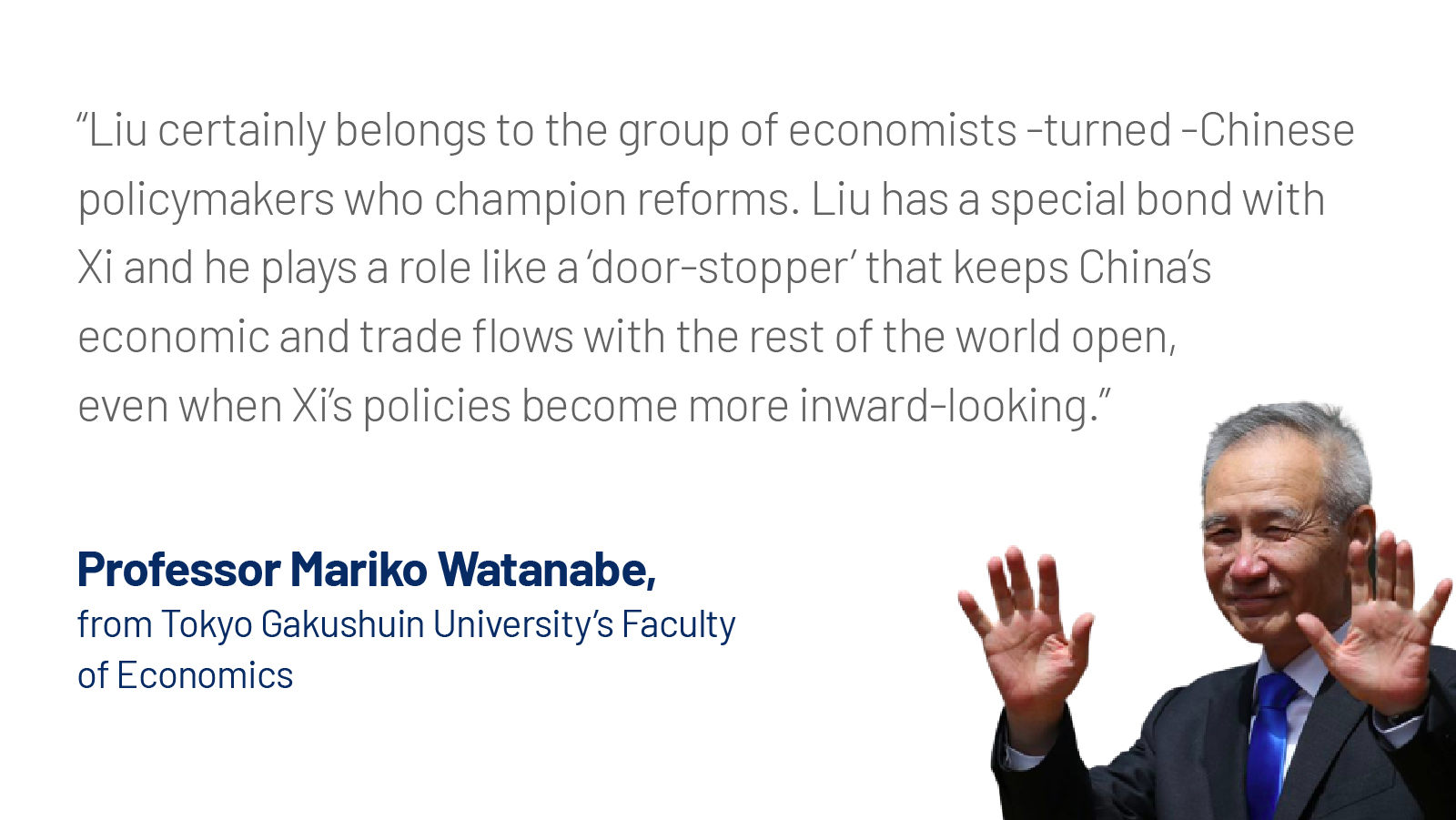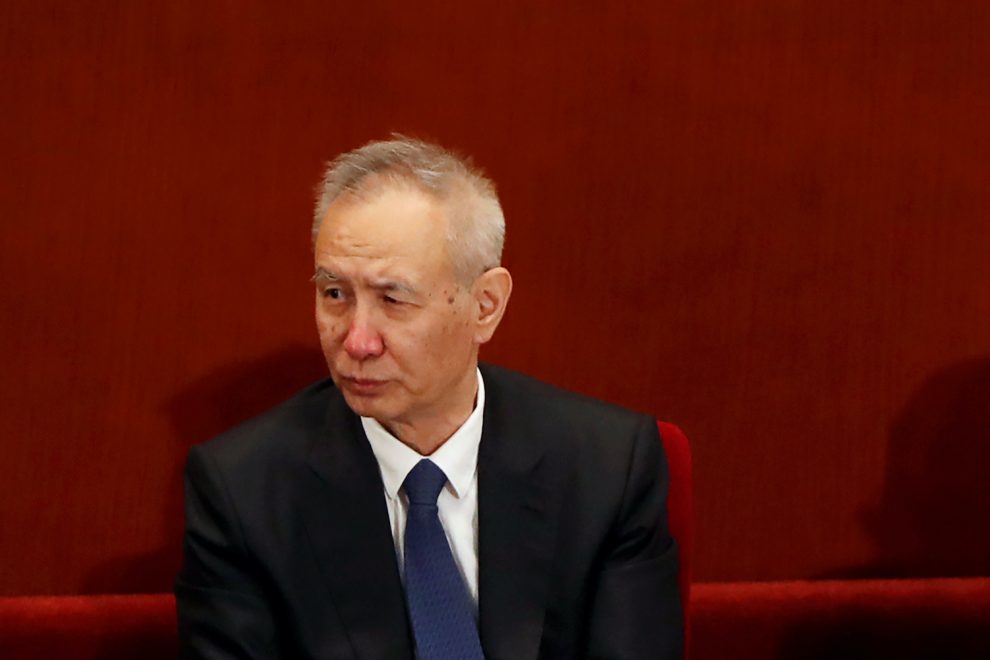The likely exit of Liu He, China’s influential deputy premier and President Xi Jinping’s point man on trade and financial policymaking, has brought added pressure to Beijing’s power circle as it struggles to pull the economy out of its worst slowdown in decades.
Liu, now two years past the accepted retirement age of 68 for Communist Party leaders, is expected to first step down from the Party’s Politburo, China’s top decision-making caucus, at the twice-per-decade Party Congress which opens on October 16.
President Xi Jinping, Liu’s childhood friend who has scrapped term limits on the presidency, is tipped to secure a third term as party chief at the same event.
Also on AF: Huawei Comeback Drive Fuelled by Hit EV and Patriotic Fervour
Given the urgency to revive growth as well as handle tensions between Beijing and Washington, Xi could well arrange for Liu to continue to work possibly for the next 12 months, albeit with another designation, according to a professor with Peking University’s (PKU) School of Government who declined to be named.
“The work of the most powerful deputy premier China has ever seen is not done,” the scholar said. “Still, it makes sense to start looking at Liu’s successor candidates because he won’t be sticking around for another full term.”
Liu will first bow out from the Party’s Politburo at the Party Congress, and only after that will he step down as China’s economic czar in the next parliamentary session in early 2023, an event that will line up new state leaders including the next premier and his deputies according to the staffing position decisions made during the Party Congress.
Whoever is anointed to succeed Liu should already have been involved in the cut and thrust of international trade and economic policymaking.
The rumour mill has seized on two names amid the fog of obscurity that marks high-level Chinese politics: Guo Shuqing, the chairman of the China Banking and Insurance Regulatory Commission (CBIRC), who is seen as most similar to Liu in his understanding of reforms and the popular pulse, and He Lifeng, the chief of the powerful National Development and Reform Commission (NDRC) and Xi’s friend and ally.

Regardless of the winner, Liu’s departure from his current position will add more uncertainty to the country’s economic prospects.
China’s gross domestic product grew just 0.4% in the second quarter as Covid-19 lockdowns crippled activity. It was the weakest ever quarter barring the slide in the immediate aftermath of the Covid outbreak in the first half of 2020.
China Economy Faces Global Slowdown Challenges
The worry now is that a global slowdown will heighten domestic challenges exacerbated by high youth unemployment and a meltdown in the debt-laden property market, leading to social and political unrest.
While Beijing still forecasts China’s economy to grow around 5.5% this year, many economists consider the target well beyond reach.

Liu’s continued leadership is needed beyond this year and the next to coordinate policies rolled out in recent months to get growth back on track, the PKU professor said.
Often likened to the US’s former Treasury Secretary Larry Summers for using economic history and research as a focus for policymaking, Liu studied at the prestigious China Renmin University and taught there for several years.
His political career took off after he was recruited by the Chinese State Council’s economic think tank and picked to attend Harvard and Seton Hall University for postgraduate courses in finance and economics.
“Liu is unique, a rare example in Chinese politics of an academic being given real power,” Ma Xufei, a professor with the Chinese University of Hong Kong’s Business School, said.
He’s Access to Xi Instrumental in Rise
His access to Xi has been instrumental in his rise. As economic tsar, Liu is credited with being the chief architect of Xi’s supply-side reform, which cut industrial overcapacity. He was China’s chief negotiator at trade talks with the US and more recently, introduced reforms to rein in monopolies and debt, although results have been mixed so far.
Liu is widely believed to be the anonymous “authoritative person” who appears in the People’s Daily at critical junctures to herald policy shifts and stimulus.

In April, when the Covid resurgence was at its peak, this “authoritative person” stressed Beijing’s recommitment to relief support and incentives to rebuild confidence bruised by lockdowns.
A month later, Liu again showed up to relieve the pressure on tech giants and the China’s platform economy, signalling a reprieve from the regulatory storm that started two years ago.
“Liu’s reassurances are usually nothing new but the fact that these words are uttered by a deputy premier… can assuage worries,” the PKU academic said.
Professor Mariko Watanabe, from Tokyo Gakushuin University’s Faculty of Economics, said: “Liu certainly belongs to the group of economists-turned-Chinese policymakers who champion reforms. Liu has a special bond with Xi and he plays a role like a ‘door-stopper’ that keeps China’s economic and trade flows with the rest of the world open, even when Xi’s policies become more inward-looking.
She added: “Liu’s understanding of international trade and business practice and his advocacy of some fair rules is his largest contribution. When he steps down, I have no idea who else within the Chinese leadership can play such a positive role.”
He Versus Guo – Who Will Run China’s Economy?
Of the two possible candidates, the Oxford-educated Guo, 66, is seen as the better pick to restore confidence. He is widely known as a reformer and has a proven track record having headed many institutions and regulators, including the State Administration of Foreign Exchange, China Construction Bank, China Securities Regulatory Commission, and now the CBIRC.
There have been reports suggesting that the next parliamentary session may also mark the end of Guo’s career, though, as only Xi’s disciples would be in line for promotions.
“Like Liu, Guo has a good grip on the market pulse and knows how to elicit positive sentiment,” the PKU professor said. “Guo’s weakness is that he is not that close to Xi. The next deputy premier must have Xi’s trust and approval.”
“Guo is able but not a political heavyweight so I doubt that he will replace Liu,” Jean-Pierre Cabestan, Research Professor of Political Science with the Hong Kong Baptist University, said.
There have also been reports that Guo will opt out and retire.
He Lifeng, 67, who has worked with Xi for decades, scores on the trust count. After graduating from the prestigious Xiamen University in 1985 with an economics degree, he started work as an assistant to Xi, then a deputy mayor in the southeastern port city of Xiamen in Fujian province.
His star rose when Xi was governor of Fujian in the early 2000s. He took over as NDRC chief in 2014, just two years after Xi came into power and in 2018 was promoted to deputy chair of the Chinese People’s Political Consultative Conference (CPPCC), the top state advisory body, a title that is on par with a deputy premier and places him above Guo in rank.
Tseng Wei-feng, an assistant professor with Taiwan Tamkang University’s Graduate Institute of China Studies, said He is usually seen in China Central Television news programmes accompanying Xi on inspection trips.
Xi needs a trusted lieutenant to implement his dual circulation drive, gain more control over the private sector and press ahead with other initiatives like common prosperity, so a former subordinate can be a favoured candidate, Tseng said.
- By Frank Chen
Read more:
Xi Plans China Technology Push as Tensions Rise With US
Xi Targets China’s ‘Unbalanced’ Growth Over Next Five Years
























